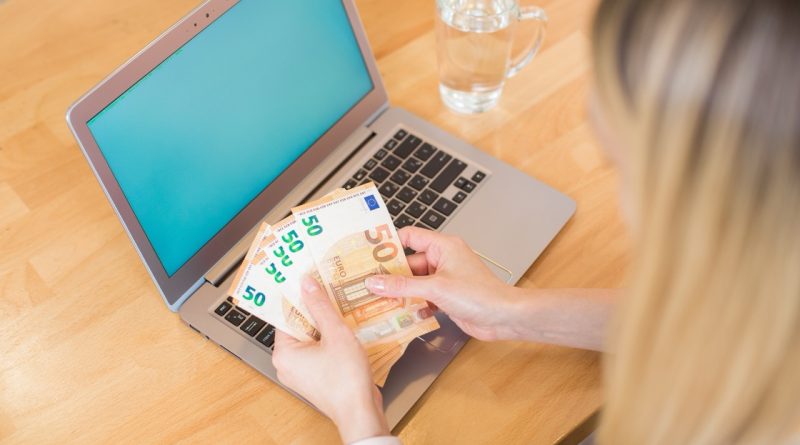Data Privacy and Security Measures on FreeCash.com
In today’s digital landscape, data privacy and security have become paramount concerns for online users and platforms alike. FreeCash.com, a popular reward and cash earning website, understands the importance of protecting user information and has implemented robust measures to ensure that personal data is handled responsibly. This article delves into FreeCash.com’s data privacy practices, the key security measures they have in place, and offers best practices for users to enhance their own data security while engaging with the platform.
Understanding Data Privacy Practices at FreeCash.com
FreeCash.com prioritizes user privacy by adhering to stringent data protection regulations. The platform employs a comprehensive privacy policy that outlines how personal information is collected, used, and shared. Users are informed about the type of data collected, which may include account details, transaction history, and device information. This transparency not only fosters trust but also empowers users to make informed decisions regarding their engagement with the site.
Moreover, FreeCash.com ensures that users have control over their personal information. Users can manage their privacy preferences directly through their account settings, allowing them to opt-out of non-essential data sharing. By providing these options, FreeCash.com demonstrates its commitment to user autonomy while safeguarding sensitive information. This approach not only aligns with best practices in data privacy but also illustrates a dedication to fostering a secure environment for all users.
Key Security Measures Implemented by FreeCash.com
To protect user data, FreeCash.com employs a range of advanced security measures. One of the cornerstone strategies is the use of encryption technology, which secures data both at rest and during transit. This means that sensitive information, such as login credentials and financial details, is encoded, reducing the risk of unauthorized access. Additionally, the platform regularly updates its security protocols to guard against emerging threats, ensuring that user data remains secure against the latest cyber risks.
Another critical aspect of FreeCash.com’s security framework is the implementation of multi-factor authentication (MFA). This feature adds an extra layer of protection by requiring users to verify their identity through an additional method, such as a mobile authentication app or a one-time code sent via SMS. By incorporating MFA, FreeCash.com significantly mitigates the risk of account breaches, providing users with peace of mind as they navigate the platform.
Best Practices for Users to Enhance Their Data Security
While FreeCash.com takes extensive measures to protect user data, individual users can also implement best practices to further enhance their data security. One of the primary recommendations is to create strong, unique passwords for their accounts. Utilizing a combination of upper and lower case letters, numbers, and special characters can significantly reduce the likelihood of unauthorized access. Furthermore, users should consider using a password manager to keep track of their credentials securely.
Another vital practice is to remain vigilant about phishing attempts and suspicious links. Users should always verify the authenticity of emails or messages claiming to be from FreeCash.com before clicking on any links or providing personal information. Keeping software and devices updated with the latest security patches is also essential, as this helps protect against vulnerabilities that could be exploited by cybercriminals. By adopting these strategies, users can play an active role in safeguarding their data while enjoying the benefits of FreeCash.com.
In conclusion, FreeCash.com is committed to ensuring data privacy and security for its users through transparent practices and robust security measures. By understanding the platform’s privacy policies and taking proactive steps to enhance personal data security, users can engage confidently with the site. In an era where data protection is crucial, both platforms and users must work collaboratively to ensure a safe and secure online experience.
